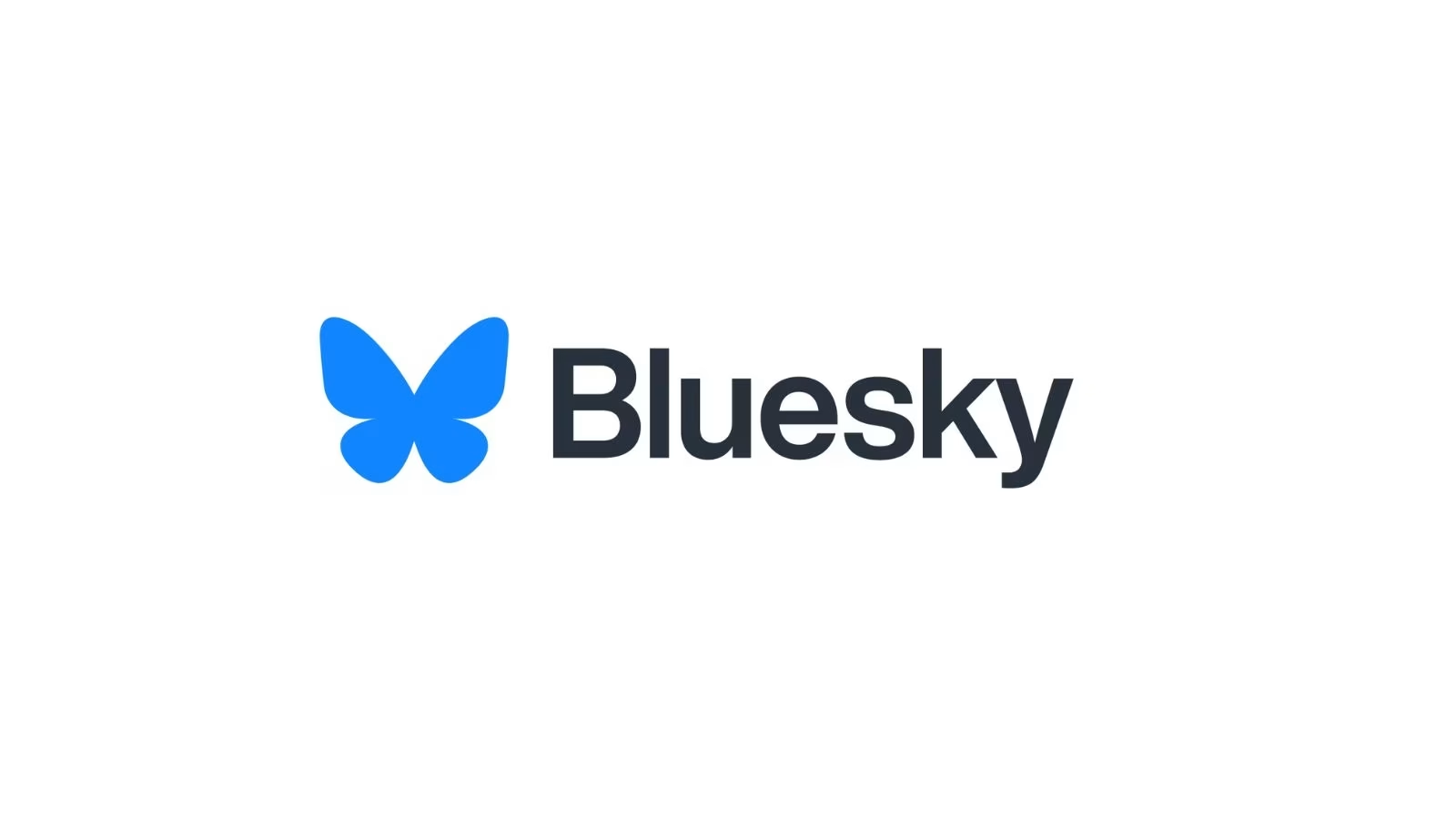Bluesky Escalates Content Moderation Efforts Amid User Growth
Bluesky, the decentralized social media platform, is signaling a significant shift in its approach to content moderation, announcing a more aggressive stance on enforcement. This move comes as the platform continues to experience substantial user growth, aiming to cultivate a healthier environment for its expanding community. The announcement, detailed in a TechCrunch report today, underscores Bluesky's commitment to balancing free expression with the need to curb harmful content.
Proactive Enforcement Takes Center Stage
The core of Bluesky's updated strategy involves a move towards more proactive moderation and enforcement. This isn't just about reacting to user reports anymore; the platform is looking to get ahead of issues. With its user base having reportedly tripled in 2024, reaching over 25 million users by year's end, the sheer volume of content and potential for abuse has undoubtedly surged. Bluesky's statement emphasizes "proportional enforcement actions that prioritize community safety while preserving space for legitimate expression." It's a delicate tightrope walk, for sure.
This intensified focus is built upon the revised Community Guidelines introduced in August 2025, which centered on principles like "Safety First" and "Respect Others." Now, the platform is clearly signaling that the enforcement of these guidelines will be more robust. We can expect to see an uptick in account suspensions and content removals for violations ranging from spam and harassment to illegal content. It's a necessary step, I think, for any platform aiming for long-term viability and a positive user experience.
Responding to Scale and Toxicity
The timing of this announcement isn't accidental. Bluesky's rapid expansion has brought with it the predictable challenges of managing a large and diverse user base. Reports indicate that harmful content reports saw a significant spike in 2024, with over 1.5 million flagged issues. This surge likely prompted the need for a more decisive moderation strategy.
Bluesky's unique "composable moderation" model, which allows users to customize their experience with labels and third-party tools, is a key differentiator. However, even with such innovative approaches, the platform needs a strong foundational layer of enforcement to prevent the kind of toxicity that has plagued other social networks. By becoming more aggressive, Bluesky aims to preemptively address issues before they can fester and damage the platform's reputation and user trust. It's a move that could set it apart from competitors, particularly in the wake of significant changes on platforms like X.
Evolution of Moderation Tools and Teams
This enhanced enforcement isn't just a policy change; it's backed by evolving infrastructure. Bluesky has been investing in "stronger proactive detection systems," as noted in earlier reports. The integration of tools like Ozone, an open-source platform for granular tracking of moderation data, signifies a commitment to transparency and efficiency.
While specific new metrics for 2025 enforcement haven't been released alongside today's announcement, the implication is clear: the numbers seen in 2024, where over 100,000 accounts were taken down and thousands of posts removed, are likely to increase. The platform's moderation team, which comprised around 100 human moderators as of early 2025, will likely need to scale or leverage automation even more effectively to handle the increased workload. It's a significant undertaking, and how they manage this scaling will be crucial.
Community and Expert Reactions: A Mixed Bag
As expected, reactions to Bluesky's announcement are already surfacing, and they're not entirely uniform. On one hand, many users and observers are welcoming the increased focus on safety. A cleaner, less toxic online space is something most people crave. Digital rights advocates, while generally supportive of efforts to combat harmful content, often express caution. The Electronic Frontier Foundation (EFF), for instance, has previously highlighted the importance of due process and transparency in moderation decisions.
The challenge, as always, lies in striking the right balance. Will this more aggressive approach lead to over-moderation, potentially stifling legitimate discourse? Or will it effectively create a more welcoming environment without alienating users? It's a question that will likely be debated as Bluesky rolls out its updated enforcement strategies. The platform's commitment to transparency, as seen in its past moderation reports, will be key to building and maintaining trust with its community during this period of intensified action.
